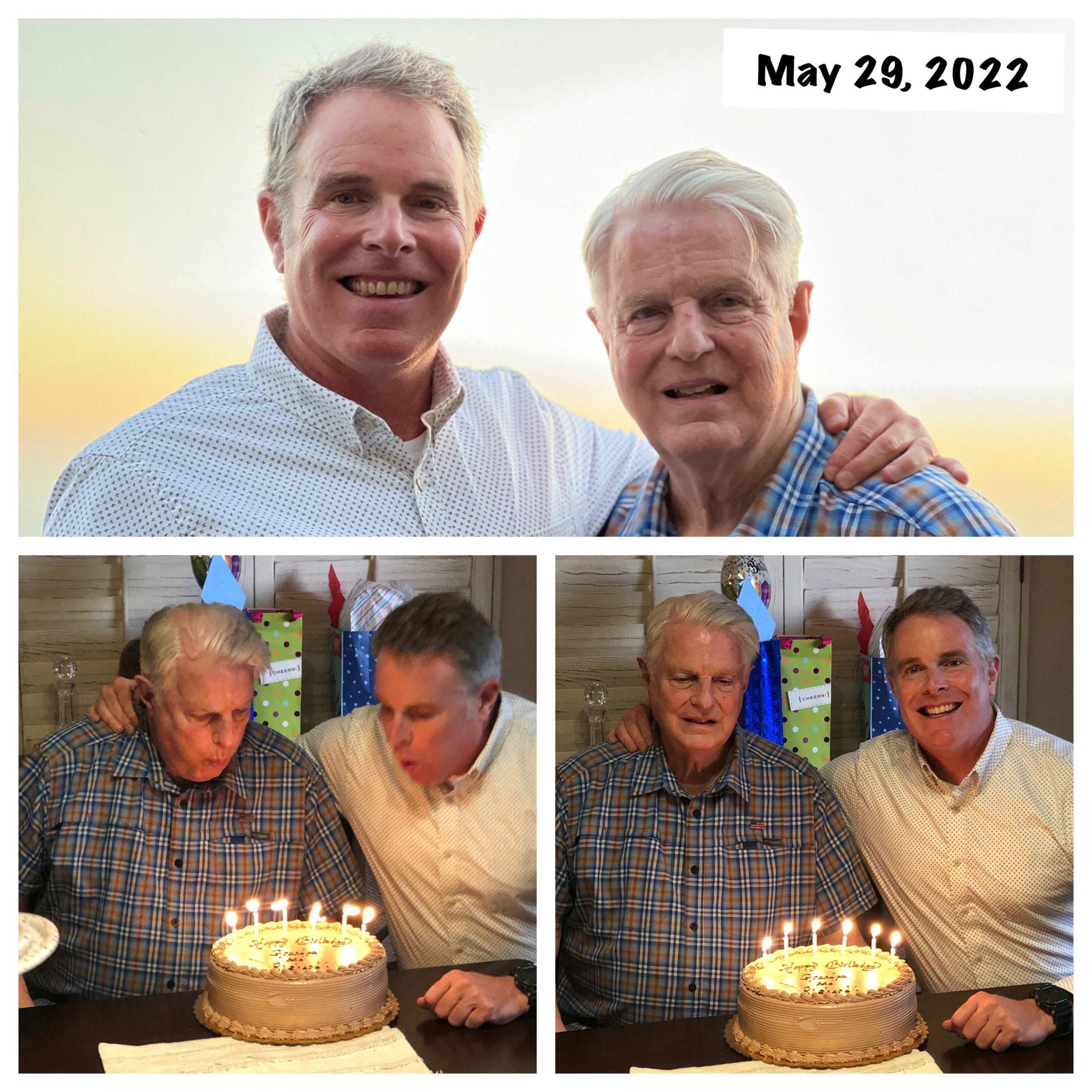I sometimes think I am.
I am a public school teacher, and so I am in a job where I have little control over my working conditions. The traits entrepreneurs need – decisiveness, risk taking, incisive intelligence, competitiveness – don’t necessarily pay off for teachers. It goes the other way, too. The traits teachers need – selfless caring, rock-solid steadfastness, patience in the face of low performance, resilience to withstand poor working conditions – don’t serve entrepreneurs well. So I wonder if I have become over the decades incredibly tolerant of putting up with stuff I shouldn’t have to put up with.
Last night I watched a video of Ukrainian soldiers in the Donbas region living in the basement of an abandoned house, eating bad food hastily cooked, enduring shelling by Russian artillery, and living in a general squalor. They were doing the best they could. At a reduced level many teachers are kind of the same: you eat a lot of shit, and the conditions are difficult, at least a lot of the time. Your bosses issue edicts which you have to swallow (or ignore), and you have little to no control over your working conditions (even if you cannot be fired). Teachers have a lot to say about what happens in their classrooms, true, but with larger questions about scheduling, discipline, budgeting, pay, and overall school structure we have little to no control. You learn to just roll with it. Like soldiers. “Shit rolls downhill…” For sure. The problems in the families of your students – poverty, drug addiction, violence, eviction, abandonment, incuriosity, illiteracy – will be directly dumped into a classroom where the teacher will struggle. As a teacher, you will suffer – oh yes, you will suffer.
I remember my high school French teacher Mr. Polkinghorn back in 1984 ready to tear out his hair with certain students. “You just sit here and do nothing! You are like a bump on a log!” he would complain to passive and unproductive students. He was right. And he was teaching in a quality public high school in an affluent area which sent many students off to prestigious universities. But it is no different for teachers today forty years later with those lackluster students who are not buying whatever we teachers are selling. Mr. Polkinghorn eventually retired from the public school system and went to work in a private school. Maybe it was better there, but nowhere is it really the promised land where all students are wonderful and make the effort. You roll with it. “All jobs have their pros and cons,” you console yourself.
But Mr. Polkinghorn was able to see something different in a private school. He had some agency in his career. Mr. Polkinghorn took action to affect the quality of his life through his decisions. He had choices. He was not an indentured servant.
Maybe that is something I should keep in mind?
The public school system is designed for stability of the teacher workforce which will be available to house, watch over, and hopefully educate a certain number of students every year. Allowing teachers to move from one district to another with their seniority and benefits would create chaos in scheduling and upend the whole system and so it is forbidden. Stability is the name of the game. Not innovation, not excellence. What is needed is predictability. The administrators want and need a certain X number of teachers to cover a Y number of classes of approximately 34 students each. Everything beyond the minimum coverage of classes is gravy. If student enrollment goes down, as is happening in Coastal California currently, you lay-off teachers. If enrollment goes up, you scramble to hire them. It is a numbers game. Stability. You want a stable workforce.
This gives teachers a stable job and unchanging work conditions. It gives students, and their families, reassurance there will be a place and a teacher for them next year.
And that is good, as far as it goes.
But stability can also mean inflexibility. It can lead to ossification. The result can be stagnation, or worse. Long-term public employees work in a system with a pay structure which shortchanges new employees and overpays veteran ones – as long as workers don’t leave. Towards the end of their careers they begin to resemble indentured servants. The financial penalty for switching employers is enormous.
It is different in other career paths.
Entrepreneurs and hedge fund bankers are said to thrive in the “creative chaos of capitalism.” That is where they live and die. Success yesterday guarantees nothing today.
Public school teachers and administrators languish in the “predictable mediocrity of socialism.” They wait out their tenures until retirement. Nothing will change.
Am I too cautious?
Has my choice of career helped mold me into this?
Has being a public school teacher for decades resulted in my having an unusually high pain tolerance? Do I have a learned helplessness? Am I the sort who can endure almost anything?
Is there a better way to live?
What am I doing?
How about a paean for boldness? In favor of audacity? Towards decisive ACTION!
I often think I would love to see it.
But I am a father, too. Kids are the most conservative creatures in the world. They want nothing ever to change. And they have a point. But my children are getting older. College for them is not far away. They will have their own emerging adult lives soon enough.
I look at my situation long and hard. I think, I think, I think.
The future?
We shall see.
The present? What can I do now?
Plenty.
I can do everything to prepare myself for that future.
What does that mean?
It means to take close care of the present. If I keep myself healthy, strong, and grounded – if I tend to the garden of my personal and professional responsibilities today – beautiful flowers will grow to be enjoyed tomorrow.
Because that tomorrow is closer than ever.
“But take care of today first, Richard,” I remind myself.
Not through romanticizing the past, nor in fantasizing about the future – that is all hokum. The past is gone, and the future is unknowable. Focus on the eternal now. Be present in the moment.
All else will take care of itself.
But failing to enjoy the present makes engaging it more difficult. Should I then do something that I enjoy more in the here and now than what I am doing?
“Well, that might not be an option,” I tell myself.
“It is always an option,” I answer. “You are not an indentured servant.”
“I have limited options and many responsibilities: that is the reality for now,” I think to myself.
“Maybe. But the universe will unveil its plan for you over time. Be patient. You will know what to do when the time comes. Have faith. It will work out,” I conclude.
So be it.
I have faith.
Amen.






